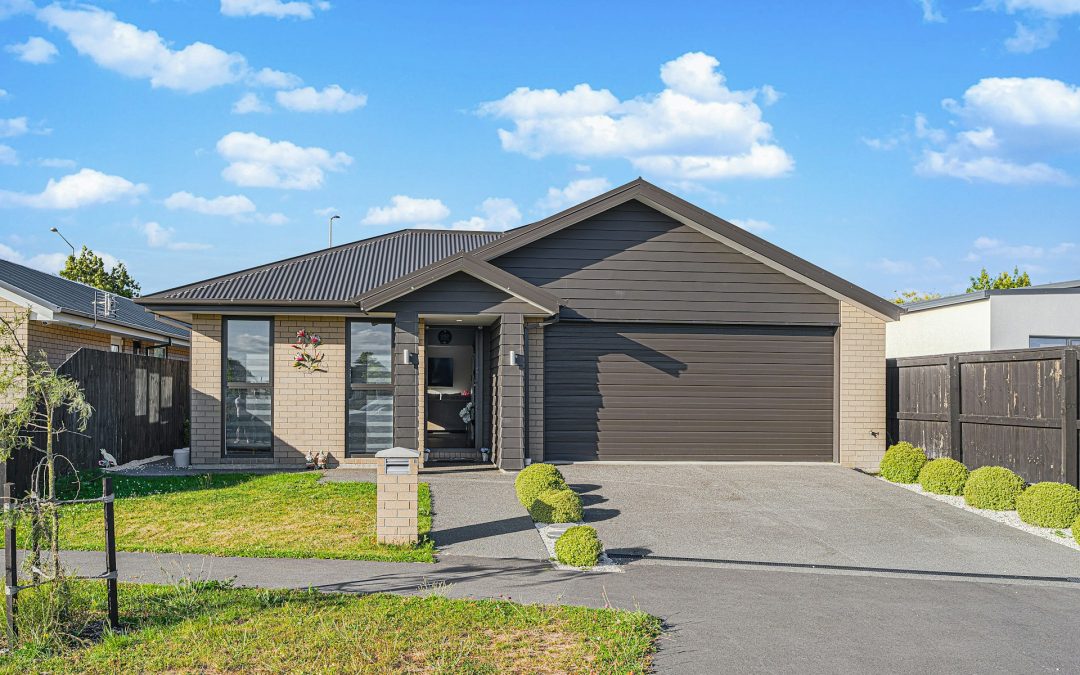Weather can play a massive role in the performance and lifespan of your garage door. Whether it’s the cold of winter, the blazing heat of summer, or the constant moisture from rain, these elements can cause various problems. Understanding how weather conditions affect your garage door can help prevent issues and keep everything running smoothly.
Let’s dive into how weather impacts your garage door and how you can keep it in good shape all year round.
Cold Weather Challenges
Freezing and Lubrication Issues
When the temperature drops, your garage door might face several challenges. One major issue is freezing. If moisture gets into the moving parts of your door, it can freeze, making it difficult to open or close. This is especially problematic if you must get your car out early.
Lubrication is also crucial during cold months. The cold can cause lubricants to thicken, which limits their effectiveness. This makes it harder for your garage door to operate smoothly. To avoid this, apply a cold-weather-appropriate lubricant to the tracks and rollers.
Springs and Metal Components
Cold temperatures can also affect your garage door’s springs and metal components. Metal contracts in cold weather, making springs more likely to break. This is because the tension within the springs becomes unbalanced. If a spring breaks, it’s not only inconvenient but also dangerous.
During the colder months, monitor the springs and other metal parts. Call a professional for an inspection if you notice any signs of wear and tear. Regular maintenance can help catch these issues before they become severe.
Effects of Heat and Sunlight
Warping and Fading
Hot temperatures and direct sunlight can cause significant problems for your garage door. One common issue is warping. Wooden and some metal doors can warp when exposed to excessive heat, preventing them from closing properly. This can compromise the security of your garage and home.
Fading is another concern. The sun’s UV rays can cause the paint or finish on your garage door to fade over time. This affects the door’s appearance and can weaken its materials, making it more prone to damage.
Overheating Garage Door Openers
Heat can also affect the electronic components of your garage door opener. Overheating can cause the opener to malfunction or stop working altogether. This can be particularly inconvenient if you live in an area with extremely high temperatures.
To prevent this, try to keep your garage well-ventilated. Installing a fan or using a portable air conditioner can help regulate the temperature and protect your garage door opener from overheating. Regularly inspect the opener for signs of heat damage and consult a professional if you experience frequent issues.
Cold Weather Challenges
Freezing and Lubrication Issues
Cold weather brings its own set of challenges to your garage door. One common problem is freezing. Moisture can cause components to freeze, which makes the door difficult to open or close. Lubrication also becomes less effective in low temperatures. The grease or oil on the hinges and rollers might thicken, causing parts to move sluggishly or stick.
To combat freezing issues, keep your garage as dry as possible. Use a silicone-based lubricant that works well even in cold weather. Apply this lubricant regularly to keep the parts moving smoothly. These steps can help your garage door function well, even during the coldest months.
Springs and Metal Components
Cold weather can also affect your garage door’s springs and metal components. Metal contracts in freezing temperatures, which can put extra strain on the springs. If the springs become too tight, they are more likely to break. Metal parts like hinges and tracks can also become brittle in the cold, making them more prone to damage.
You can minimize these risks by ensuring your garage is well-insulated. Proper insulation keeps the cold out and helps maintain a stable temperature, reducing the strain on metal components. Regularly inspecting and maintaining the springs and metal parts can also catch issues early before they become severe problems.
Effects of Heat and Sunlight
Warping and Fading
During the hot summer months, your garage door faces challenges from heat and sunlight. Prolonged exposure to the sun can cause the door’s surface to warp, making it difficult to open and close properly. Sunlight can also cause fading, which affects the door’s appearance. Wooden doors are especially prone to warping, while painted doors can lose color and appeal.
Consider installing a sunshade or awning to protect your garage door from warping and fading. These additions can block direct sunlight and reduce the impact of heat. Using weather-resistant paint and finishes can also help maintain the door’s look. Regularly checking the door for signs of warping can prevent long-term damage.
Overheating Garage Door Openers
Heat can also affect your garage door opener. High temperatures can cause the opener’s motor to overheat, leading to malfunctions or complete failure. Garage door openers are designed to handle specific temperatures; excessive heat can push them beyond their limits.
To prevent overheating, make sure your garage is well-ventilated. Proper ventilation helps regulate the temperature inside the garage, protecting the opener from the worst heat. Installing a small garage fan or air conditioning unit can provide extra cooling. Regular maintenance checks can also ensure the opener is in good working condition, even during hot weather.
Conclusion
Weather can significantly impact the performance and lifespan of your garage door. Understanding how cold, heat, and humidity affect your door helps you take better care of it. Simple actions like using the proper lubricant in the winter, installing sunshades in the summer, and keeping your garage well-ventilated can go a long way in maintaining the door’s functionality.
Both freezing conditions and scorching heat can lead to severe issues, from freezing components to overheating motors. Addressing these problems early with preventive measures helps ensure your garage door works smoothly year-round. Regular inspections and proper maintenance are essential for avoiding costly repairs and extending the life of your door.
Don’t let the weather wreak havoc on your garage door. When you face weather-related problems or want to take preventive action, reach out to Garage Door Rescue. Our team is equipped to handle any issues and offer garage door services tailored to your needs. Contact us today to keep your garage door in top condition, no matter the weather!

